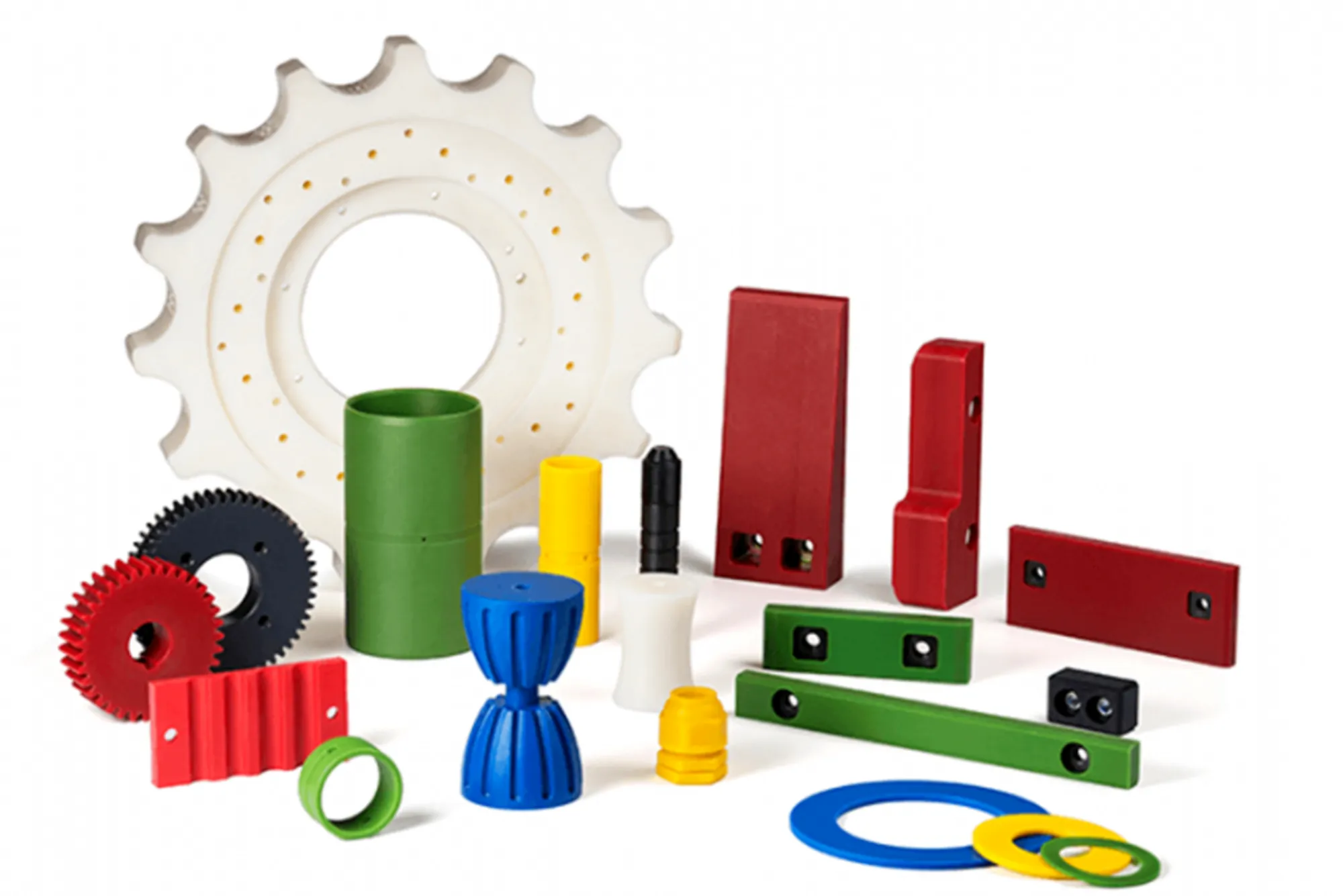Selling a car is an important process that may involve various tax obligations in the United States. In Chicago, as in other parts of the USA, there are specific rules regarding vehicle sales and associated taxes. Understanding these regulations can help you avoid misunderstandings and issues with tax authorities.
What Taxes Are Associated with Selling a Car in Chicago?
When selling a car in Chicago, there are two primary types of taxes that may apply during the transaction:
- Sales Tax – This tax is collected by the seller from the buyer. It is calculated based on the sale value of the vehicle and applies at both the state and local levels.
- Income Tax – If the seller makes a profit from the sale of the car, they may be required to pay income tax on the gain.
Sales Tax on Cars in Chicago

The sales tax rate in Chicago is approximately 9.25%, but this depends on the total transaction value. The buyer typically pays this tax during vehicle registration at the relevant office. The seller, on the other hand, is responsible for reporting the sale to the appropriate tax authorities.
How to Calculate Income Tax on a Car Sale in Chicago?
Income tax applies only if the sale results in a profit. If the car is sold for more than its purchase value, the difference is considered income and is subject to standard income tax. The tax rate may vary depending on state regulations and the seller’s income level.
Tax Exemptions and Deductions
In some cases, sellers may be eligible for exemptions or deductions, such as:
- Business Vehicle Sales – Different tax rules may apply to vehicles sold as part of a business.
- Used Cars – Selling a used car might qualify for different tax treatments depending on local laws.
When Should You Pay Taxes After Selling a Car?
- Sales Tax – The buyer is responsible for paying this tax at the time of vehicle registration.
- Income Tax – This is calculated and paid during the seller’s annual tax filing if the sale resulted in a profit.
Responsibility for Paying Taxes
- Sales Tax – The buyer pays this tax, but the seller must provide accurate transaction details.
- Income Tax – The seller is responsible for reporting and paying taxes on any profit made from the sale.
Common Mistakes When Selling a Car in Chicag
Selling a car in Chicago involves several steps, and even small oversights can lead to delays, disputes, or financial penalties. Here’s a deeper look at the common mistakes sellers make and how to avoid them.
1. Lack of Knowledge About Local Laws
Chicago’s tax and vehicle sale regulations may differ from those in other cities or states. Sellers who are unaware of these specifics risk non-compliance, which can result in fines or complications.
- Example: A seller might incorrectly assume that they don’t need to report the sale to the Illinois Secretary of State, which is required to ensure the car’s title is officially transferred.
- How to Avoid: Familiarize yourself with Illinois and Chicago-specific regulations about car sales and taxes. Check official resources like the Illinois Secretary of State’s website.
2. Missing Documentation
Proper documentation is crucial for a smooth transaction. Missing paperwork can delay the buyer’s ability to register the vehicle and may even leave the seller liable for incidents involving the car after the sale.
- Key Documents Include:
- Bill of Sale – A legal record of the transaction detailing the sale price, date, and buyer/seller information.
- Certificate of Title – Required to legally transfer ownership. Any existing liens must be cleared.
- Odometer Disclosure Statement – Mandatory under federal law for vehicles under 10 years old.
- Vehicle History Report – While not mandatory, providing this can boost buyer confidence.
- How to Avoid: Prepare all necessary documents in advance and double-check that they are signed and dated correctly.
3. Failure to Properly Calculate Taxes
Taxes are a critical part of selling a vehicle, and errors in calculating or reporting them can cause issues for both the buyer and the seller.
- Examples of Errors:
- Miscalculating the sales tax rate (e.g., not including local rates alongside the state rate).
- Forgetting to report a taxable profit from the sale on your annual tax return.
- How to Avoid: Understand that sales tax (9.25% in Chicago) is paid by the buyer, while any income tax on profits must be reported by the seller. Consult a tax professional if you’re unsure about your obligations.
4. Not Clearing Liens on the Vehicle
If a car has an outstanding loan or lien, the seller may not legally transfer the title until it is cleared. This can lead to delays or even a failed sale.
- How to Avoid: Check your title for any liens and ensure all loans are fully paid off. Request a lien release from your lender before proceeding with the sale.
5. Undervaluing or Overpricing the Vehicle
Setting an unrealistic price for your car can deter buyers or result in financial losses for the seller.
- How to Avoid:
- Use resources like Kelley Blue Book or Edmunds to determine the car’s fair market value.
- Consider the car’s condition, mileage, and history when setting the price.
6. Failing to Cancel Insurance and Plates
Some sellers forget to cancel their insurance policy or remove their license plates after the sale. This can leave them vulnerable to liability if the buyer has an accident or commits a violation before transferring the registration.
- How to Avoid: After the sale:
- Remove your plates immediately.
- Inform your insurer to cancel the policy or transfer coverage to another vehicle.
- Notify the Illinois Secretary of State about the sale.
7. Not Providing a Vehicle Inspection Report
In some cases, buyers might request proof that the car is in good condition before purchase. Not having this can delay the sale or reduce buyer confidence.
- How to Avoid: Obtain an up-to-date inspection report from a certified mechanic to show the car’s condition, even if it’s not legally required.
8. Improper Communication with the Buyer
Miscommunication or lack of clarity regarding the car’s condition, payment terms, or tax obligations can lead to disputes after the sale.
- How to Avoid:
- Be transparent about the car’s history and any existing issues.
- Clearly explain who is responsible for taxes (e.g., the buyer pays sales tax).
- Use a written agreement to formalize the terms of the sale.
9. Overlooking the Vehicle Title Transfer

Failing to complete the title transfer promptly can leave the seller liable for traffic violations, parking tickets, or accidents involving the car.
- How to Avoid: Accompany the buyer to the Illinois Secretary of State’s office or provide clear instructions to ensure the title transfer is completed.
Summary of Car Sale Taxes in Chicago
| Tax Type | Rate | Who Pays? | When to Pay |
|---|---|---|---|
| Sales Tax | 9.25% of sale value | Buyer | During vehicle registration |
| Income Tax | Depends on profit | Seller | During annual tax filing |
FAQs About Selling a Car in Chicago
- Do I need to pay income tax if I sell a car for less than I bought it for?
No, income tax is only applicable if you sell the car for a profit. - How is sales tax calculated in Chicago?
The sales tax in Chicago is 9.25% of the vehicle’s sale value. - When do I pay sales tax on a car sale?
The buyer pays the sales tax during the vehicle registration process. - Is income tax required when selling a car in Chicago?
Yes, if the sale results in a profit, income tax must be paid on the gain. - What documents are required to sell a car in Chicago?
You will need a bill of sale, the vehicle’s registration, and possibly a certificate of inspection.








